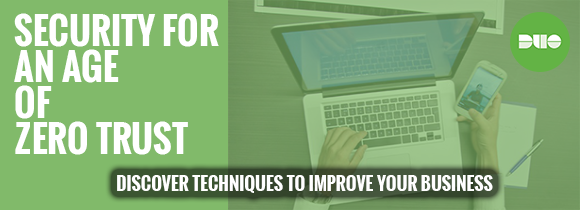Hacking isn’t something new, but it’s possibly the most commonly committed crime of the 21st century. Whether you’re a business or just a regular internet user, being aware of how to reduce your exposure to intrusions is essential. Below, we run through eight basic IT security tips for those of you wanting to brush up on your safety measures.
Cleanliness is next to Godliness
Having a clean computer that is regularly updated is your first port of call when it comes to IT security. Always update your essential software and remove any applications you don’t use or need. One of the most common ways to breach security is through old software exploits that haven’t been updated!
Passwords
Passwords are the most basic way in which you can protect your computers. All logins should be unique as using one ‘very secure’ password may seem like a good idea but at the end of the day, could be one of your biggest security flaws. As well as this, you should consider changing passwords every six months! This may seem a little paranoid but it isn’t. Using two factor authentication where possible is also advised. (www.duosecurity.com)
Hide your Wi-Fi network
By hiding your Wi-Fi network you’ll be reducing your chances of being detected and therefore hacked. This can be done by accessing your router settings and changing the SSID display options. Always make sure that your network is secure and encrypted!
Firewalls
It’s a no brainer – a good firewall is one of your most basic forms of protection from network intrusions. There are a tonne of free software packages out there for you to use, however it is advisable to consider investing in a paid service for small to medium sized businesses. If you have any freelancers or people working off site, it is essential that you make sure that they are protected too. Businesses should click here for more information on keeping networks secure from intrusions!
Backup, backup, backup!
Data backup is essential, especially if you are ever unfortunate enough to experience a full breach of security. Using cloud data backup systems are a great way to ensure that your data is regularly backed up. That being said, nothing is more secure than data backups that are completely offline which means you should always keep a physical backup containing all your important data.
User accounts
Segmenting the levels of access to your network is essential. Admin privileges should only be accessible by IT administrators or highly trusted individuals. All computers should have user accounts as well as guest access for individuals who do not work with you. The same applies for Wi-FI – any guests should have to sign in to access the internet.
Avoid cracked software
Using cracked software is an easy way to put your computers at risk. You’ll often be required to use serial generators or more complex cracks that can have all sorts of things hidden within them. If you’re operating a business, buy legitimate copies of software so you can update them and avoid malware.
Phishing or fishing
All email clients have basic provisions for keeping you safe from phishing attempts. That being said, they are far from perfect. Always look at where the email is coming from, as often you’ll see messages pretending to be someone you know or trust such as banks, social media accounts and so on. The giveaway always tends to be the email address so be vigilant!
By Ben Williams https://plus.google.com/u/0/115752386873091562375/posts
The opinions expressed in this post belongs to the individual contributors and do not necessarily reflect the views of Information Security Buzz.




